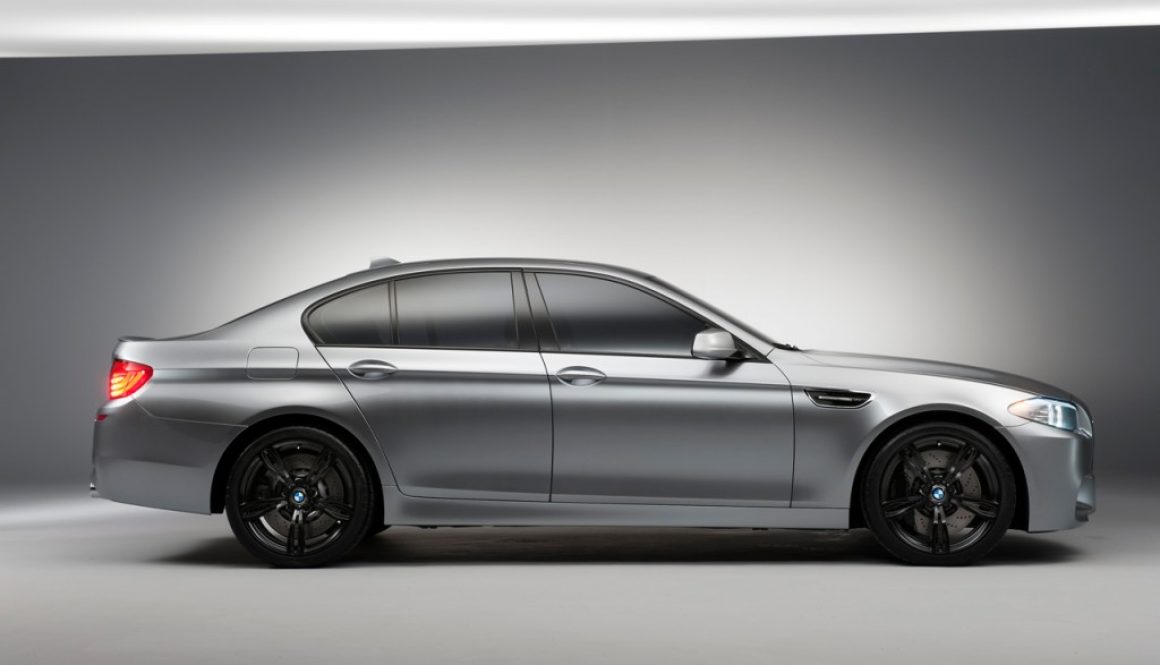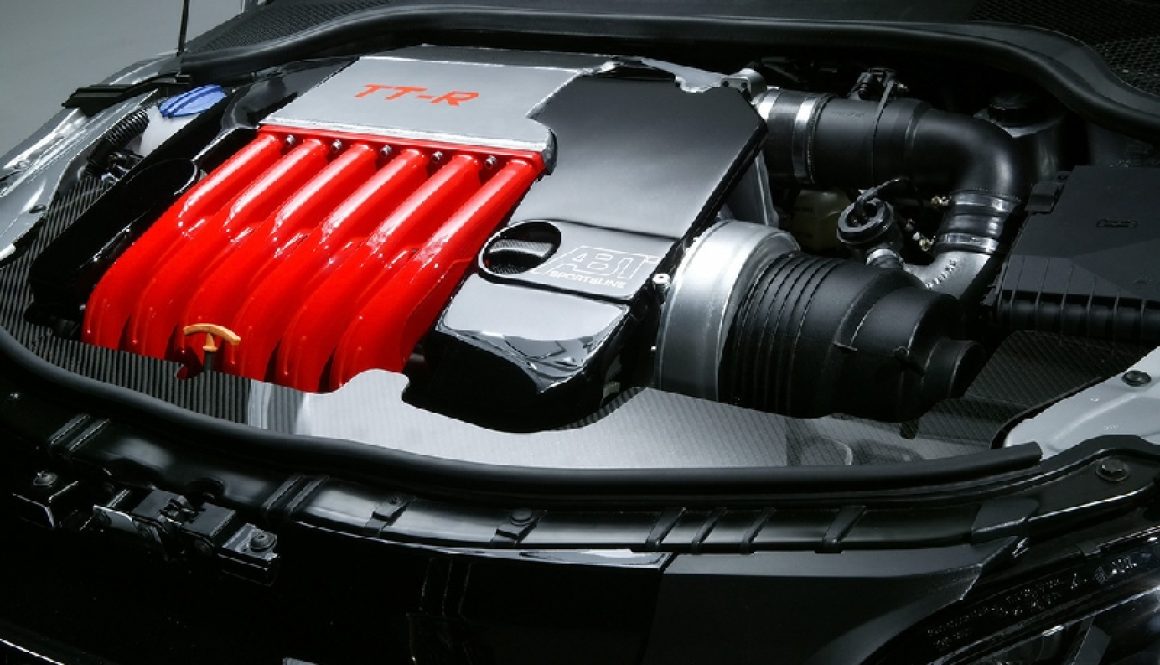While adding custom accessories and engine upgrades can have a dramatic affect on vehicle performance, chip tuning offers an even more comprehensive way to ramp up performance. What is chip tuning, you ask? Simply put, it is modifying a car computer to utilize fuel in a different manner, change the way it manages the engine and several other aspects. There are two types of chip tuning in use, one for older cars and one for newer vehicles.
OBD I Cars – OBD I cars are older vehicles that use a less sophisticated car computer. Chip tuning with this type of vehicle involves little more than removing the ECU and installing a performance chip. Perhaps the best examples of this type of car are 80’s model Honda Civics, CRX’s and VW Golf’s. Of course, there are many other vehicles, but these are two of the most popular types of cars in which to change the chip.
OBD II Cars – Newer vehicles have a much more sophisticated car computer. This controls how fuel is used, when the ignition fires and much more. These computers are part of the newer “drive by wire” systems, rather than operating the vehicle via mechanical linkages only.
In order to tune the chips on these vehicles, you will need to upgrade the ECU software. This is accomplished by flashing the computer with software updates and new fuel maps. The new maps tell the computer to use fuel in a certain manner, rather than using it at the OEM settings. In order to flash the ECU, you’ll need to find a performance shop that offers these services. You will also need to find your own fuel maps, as most shops do not provide them. You can locate new maps online, through a variety of different companies.
Tuning your car’s computer can be done alone, but has much better benefits when you combine it with other aspects of customization. Adding body kits and lightening your vehicle’s weight will help maximize your car’s use of fuel, adding power and performance without increasing fuel usage considerably.
With the right tips and information (not to mention the right shop), you can successfully tune your engine to any desired performance output. Tuning your car’s computer can even be used to gain better fuel economy, though this option will usually result in lowered performance, rather than heightened power.


